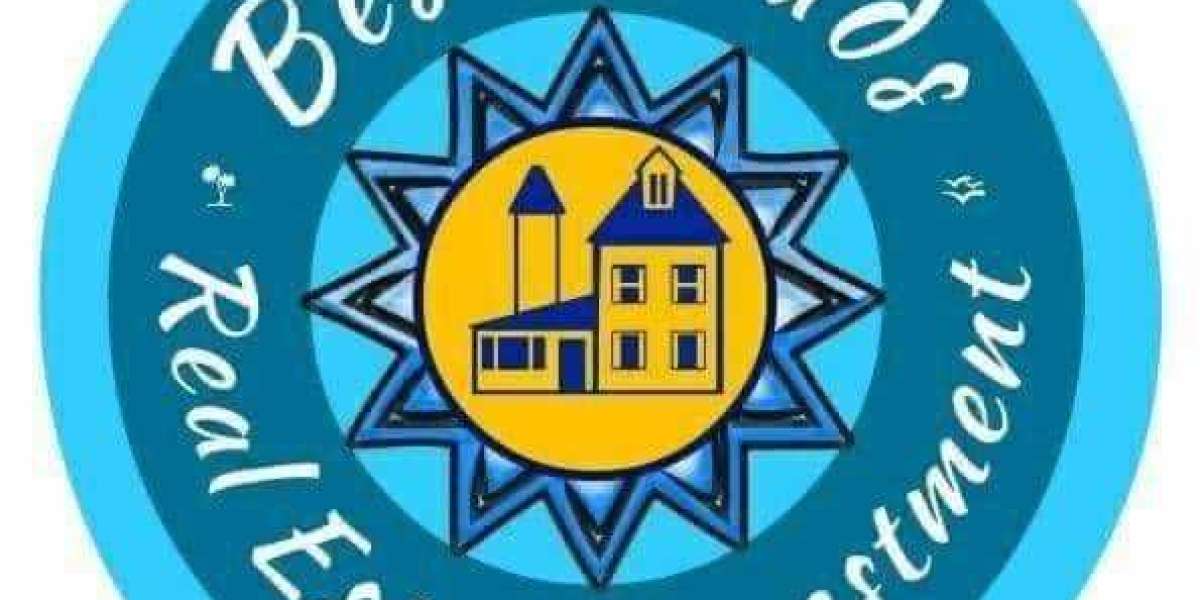My analysis of the show is largely limited to just the first few seasons, when Sorkin was the head writer.
In the show, Sorkin, an ardent liberal, puts forth his view of an ideal Government. The show is distinctly limited to the view of the Executive Branch being the true engine of government; the clue is in the name after all. Congress is often, though not always, seen as the barrier to progressive change, chock full of selfish blowhards and ignorant braggarts. This is in contrast to, say, House of Cards, which features a heavy (gradually becoming too heavy) focus on the legislative branch. The spirit of partisanship also suffuses the show rather markedly. Republicans are frequently demonised and team spirit is triumphantly blared, which I consider foolish and narrow-minded. The premise overly empowers a select bunch of Executive personnel more than would ever be the case in reality. Though perhaps it lends itself to the notion of ones power being related to ones closeness to the source. Above all else the show is indicative of the martyrdom inherent in the liberal fantasy, or at least the version of liberalism endorsed by Sorkin: to enunciate noble ideals but inevitably to fail in practical achievement, just as long as the blame rests solely on others.
Bartlett is an interesting character. As a President, he is perhaps best described as a cross between Madison and Reagan folksy yet erudite, genial yet professorial who can deliver a speech with skill or write a 50 page paper on some obscure economic subject. He is armed with a capacious cranium (full of arcane trivia as much as useful knowledge), a strong moral compass and grand strategic vision. The most interesting part of the story to me is what is never fully told how exactly he won the first campaign for Presidency as a known liberal Governor and dark horse candidate. One doesnt just do that. If I had to attempt to explain it, within a sense of reality, there are some points that make sense. The fact he has a PhD in economics would matter I think. If on the one hand it marks him out distinctly as a member of the intellectual elite, on the other it would maybe help allay fears of his mishandling the economy, which is always a crucial vote winner. It is also curious to note that even a liberal fantasy President has no military experience whatsoever.
Is Jed Bartlett the ideal leader? Using my criteria, he is undoubtedly a capable Scholar and an adept Performer particularly in the vital and powerful art of rhetoric, which he clearly holds in high esteem. But, and I think this is revealing, he often seems an incapable Operator. Interestingly enough, the confluence of these Traits is especially prominent among Democrats (JFK, Obama, Clinton etc). This goes back to one of the best Sorkin quotes I have ever come across: You know why people hate liberals? Because they lose. There are no clear instances of his ability to be ruthless when necessary, in order to pass sweeping legislation or enact serious change. On the domestic front, many choices are made taking the moral high ground instead of getting ones legislation passed or plans implemented. Yet, and this infuriates me, starting a literal war with a foreign power, or undertaking covert assassinations are considered necessary actions despite the obvious ethical dubiousness. This is a glaring discrepancy in the thinking of the shows characters, and thus the writers. No overall sweeping program seems to be initiated by Bartlett that attempts to rival the (somewhat) coherent vision of the New Freedom or the Great Society. In foreign policy matters he seems able to grasp the nuance of geopolitics and stay calm under adverse circumstances. One is struck by the sheer arrogance of America in fiction and I suspect in reality that they seem to consider every global event something they need to have a hand in Interventionism taken to an extreme. Still, his path to the Presidency is one that can be judged well-developed, with time spent in Congress and then as a Governor. If he had a limitation it was lack of experience with the Senate. Thus he got a sense of two different branches of Government. Regarding the personal side of his character, there is much to appreciate in his relationship with Abbey; it is a productive and healthy marriage, with her being as much an intellectual equal as a pillar of support.
The rest of the cast are fairly well-developed characters. They are all some way along the scale of idealistic standard-bearers who also betray incredible depths of pragmatism with ease. Josh and Sam are too similar in my opinion. Thus, there is no reason to have both in the central cast, as there is too little friction between them to be interesting. The dialogue is mostly wonderful, even if often rather too high-flown to be believable. There is much to say for the walk-and-talk technique, which The West Wing pioneered.
The show always seems to be dancing around the door to true diversity. Many shots are thrown in comprising people of various ethnicities, but never in the serious scenes. This approach is perhaps best embodied in the character of Charlie. Hes allowed some poignant moments with the President, he is credited with serious (i.e. Ivy League sanctioned) intellectual heft and he can even get the girl, but when the major decisions are being made, he walks quietly out of the room of all-white decision makers. My favourite supporting character is Leo McGarry. His backstory as an alcoholic and a war veteran, as well as also being rich and a skilled political operator is perhaps the most well-developed and nuanced. His relationship to Bartlett is also intriguing. There is real loyalty and affection there, and one cannot help but wish we were given some explanation for why it exists. It certainly wasnt a result of military bonding, nor joint scholarly or creative ventures. Rather, given the timing, it seems to be a powerful and intimate friendship that arose purely within the realm of politics. Is that even possible?
Overall, the West Wing is a useful insight into a particular view of how government ought to be. The issues raised are treated as seriously as they ought to be. There is no denying the outsize impact it went on to have on US politics, particularly within the Democratic Party. To me, this impact coalesced in the figure of Barack Obama. For Obama was perhaps the ultimate West Wing President: Santos on the outside (young, charismatic and racially diverse) but in reality all Bartlett on the inside (shining academic credentials, being outside of politics primarily a didactic professor, seemingly concerned more with affect rather than effect, poignant pictures and stirring speeches rather concrete legislation or bipartisan deals, personally an exemplar of moral probity and iron discipline with the minor exception of smoking but presiding over an administration engaged in seriously murky endeavours at home and abroad, professing radical change but putting the white centrist pragmatists in charge, obsessed with policy speak rather than political strategy.)








